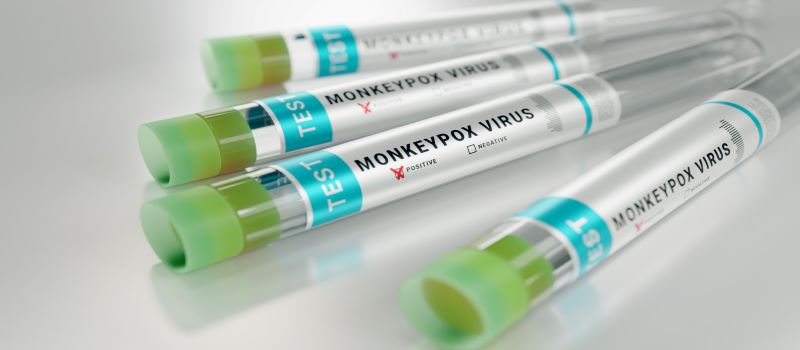On July 23rd, 2022, the World Health Organization (WHO) declared the recent outbreak of Monkeypox virus “a public health emergency of international concern”.(1) This announcement has come following the continued worldwide spread of Monkeypox from 92 cases in 12 member countries reported in May to over 16,000 confirmed cases and 5 deaths in 75 member countries. As of August 1st, 2022, a cumulative total of over 24,000 cases and 7 deaths have been reported. In response to the WHO’s declaration of public health emergency, The Public Health Agency of Canada (PHAC) issued a Notice to Stakeholders, triggering Health Canada’s emerging viral pathogens (EVP) policy, which allows registrants of eligible market-authorized surface disinfectants to make indirect off-label claims against the Monkeypox virus. As of July 27th, 2022, there were 765 confirmed cases of Monkeypox in Canada.(2)
Both Health Canada and the U.S. EPA have now triggered their respective emerging viral pathogens policies for Monkeypox virus to allow indirect off-label claims for pre-approved disinfectants.
In May, 2022 the U.S. EPA triggered it’s EVP guidance for Monkeypox virus and created List Q: Disinfectants for Emerging Viral Pathogens. SRC’s blog post EPA Triggers Emerging Viral Pathogens Policy for Monkeypox Virus contains more information about making indirect claims against Monkeypox in the U.S.
About Monkeypox
The Monkeypox virus is typically transmitted from contact with animals through bites or scratches but can also be spread by infected humans through direct contact or through surface transmission of bodily fluids or respiratory droplets. This is not a novel virus but has historically been uncommon outside of central and west Africa. Testing of cases found thus far in Europe and the U.S. has indicated that the strain of Monkeypox virus causing the global outbreak is similar to a strain commonly found in West Africa, which has a death rate below 1%. This is much less deadly than the central African strain, which has a death of up to 10%. (3)
The virus falls under the same genus as many other “pox” viruses including smallpox, cowpox, and vaccinia virus (which is used in the smallpox vaccine). It is an enveloped, double stranded DNA virus, belonging to the Poxviridae family. There is no vaccine for Monkeypox, but the smallpox vaccine is being used for protection against Monkeypox. (5)
Making Indirect Surface Disinfection Claims Against Monkeypox in Canada
Enveloped viruses, like Monkeypox, are considered easier to kill than non-enveloped viruses (e.g., Rotavirus, Adenovirus, Rhinovirus, Norovirus); thus, it can be expected that a surface disinfectant which has been proven to be effective against a non-enveloped virus will also be effective against Monkeypox. Based on this expectation, Health Canada will allow registrants to make indirect, off and on-label claims against Monkeypox for market-authorized surface disinfectant products (that have been assigned a Drug Identification Number (DIN)) when the existing product label bears one of the following approved label claims:
- Claims against at least one non-enveloped virus
- “Broad spectrum virucidal” claim To obtain an approved claim as a “broad spectrum virucide”, a disinfectant must demonstrate efficacy against Adenovirus type 5, Bovine Parvovirus, Canine Parvovirus, or Poliovirus type 1.
In Health Canada’s Notice to Stakeholders, the Department has included examples of allowed indirect claims. The following example represents an allowable indirect EVP claim for a market-authorized surface disinfectant with an approved claim against Canine Parvovirus: “This product has demonstrated effectiveness against canine parvovirus and is expected to inactivate the monkeypox virus.”(5)
At this time, only products which have demonstrated efficacy against a non-enveloped virus will be allowed to make indirect claims against Monkeypox. Approved efficacy claims against similar enveloped viruses are not sufficient. (5)
Making Off- Label Claims
Surface disinfectants meeting the above criteria may make off-label, indirect claims against Monkeypox without additional notification to Health Canada. Approved off-label communication methods include websites, toll free customer service numbers, and similar media. An example of allowable communication would be a social media post about the product.
Making On-Label Claims
To make on-label, indirect Monkeypox claims, registrants must file a Post Division 1 Change within 30 days of adding the indirect claim to a product label. No other label changes may be submitted with this filing.
REMINDER: The U.S. EPA EVP policy does not allow for indirect on-label claims, and on-label claims against Monkeypox can only be added when EPA approves the claim through the submission of a revised label and supporting data demonstrating efficacy against Monkeypox virus.
Contact your SRC Consultant with any questions about making indirect, off-label claims against Monkeypox.
Testing Against Monkeypox Virus
To make on-label claims against Monkeypox virus, efficacy testing must be completed on the virus and submitted for review and approval. To date, no surrogate virus has been approved for testing by Health Canada. Two U.S. laboratories have acquired the Monkeypox strain and are in the process of adapting the virus for ASTM E1053 disinfectant efficacy testing.
Contact your SRC Consultant for assistance with efficacy testing.
Sources:
- WHO Director-General’s statement at the press conference following IHR Emergency Committee regarding the multi-country outbreak of monkeypox – 23 July 2022 https://www.who.int/news-room/speeches/item/who-director-general-s-statement-on-the-press-conference-following-IHR-emergency-committee-regarding-the-multi–country-outbreak-of-monkeypox–23-july-2022
- Government of Canada Website: https://www.canada.ca/en/public-health/services/diseases/monkeypox.html
- Kampf G. Efficacy of biocidal agents and disinfectants against the monkeypox virus and other orthopoxviruses; Journal of Hospital Infection 127 (202) 101-110
- World Health Organization Monkeypox Fact Sheet: https://www.who.int/news-room/fact-sheets/detail/monkeypox
- Health Canada: Notice to Stakeholders: Indirect Claims of Disinfectant Drug Efficacy against the Monkeypox Virus

Rhonda Jones
Chief Executive Officer
Posted 8/3/2022

Jamie Venable
Senior Consultant
Posted 8/3/2022


